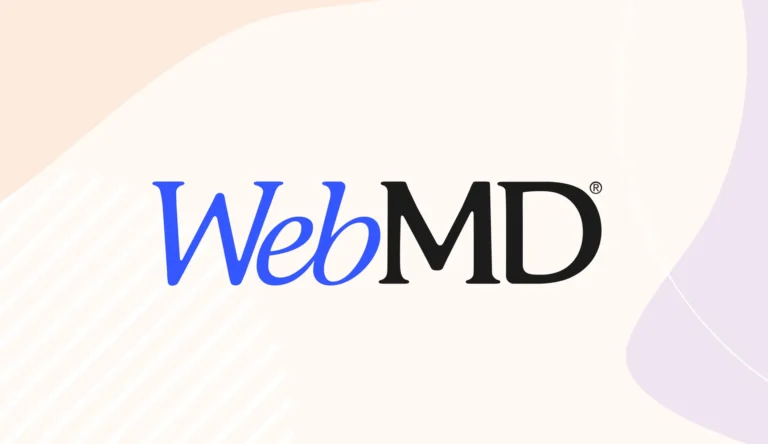
Technology’s rapid pace of development, especially when it comes to new AI tools, could spell a whole new meaning for personalization in healthcare, according to one health system executive.
“I think broadly, in the industry, we’ve often thought about personalization in terms of segmentation — like what the segments of the population are that we’re going to engage. I think the power of personalization is that we’ll actually be able to move from these broad segments into segments of one. That’s really the intent,” said David Oakley, chief digital officer at AdventHealth, during an interview last week at Reuters’ Total Health conference in Chicago.
Currently, health systems focus many of their personalization efforts on their primary website experience, as well as outreach strategies to encourage certain visit types, he noted.
He also pointed out that patients’ EHR experiences are becoming more personalized each year. Nowadays, patients can log into Epic’s MyChart app and easily view information, reminders and care recommendations tailored to their medical history and individual health needs.
In the future, Oakley wants to see healthcare personalization efforts go beyond EHR access and the digital front door.
“Where we’re investing, beyond those two categories, is truly in a personalization engine that will continue to tailor experiences — whether you’re logged in or you’re just visiting the website — based on what consumers actually need,” he stated. “This has to extend well beyond the clinical aspects as well. Personalization, in my opinion, also moves into the things that make each of us feel whole.”
Essentially, Oakley believes that AI can help providers better tap into the emotional, social and lifestyle factors that have the most impact on people’s health and wellbeing.
He also thinks that this level of personalization can be as a useful tool to help overcome healthcare’s trust problems.
“Personalization done well, I believe, is going to actually create deeper relationships between provider and care teams and the patient,” Oakley declared.
He sees a future where health systems can actually remember patients’ preferences and values, rather than just their insurance or clinical details.
As data platforms grow more connected and AI engines more sophisticated, personalization could become a competitive differentiator in healthcare. Oakley said he is excited to see the way health systems prove they truly understand their patients in an increasingly digital world.
Photo: Ekaterina Goncharova, Getty Images





